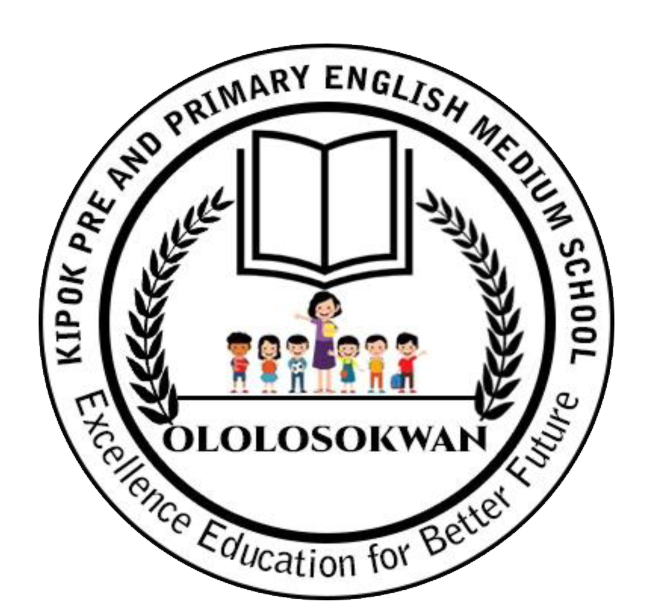Learning at KIPOK-Strong foundations for lifelong learning
At KIPOK we follow the Tanzanian National Curriculum with a focus on literacy (English), numeracy, life skills, environmental awareness and moral development. Pupils are supported to progress at their own pace, with equal access for all.
Curriculum Overview
KIPOK follows the Tanzanian National Curriculum for Pre-Primary and Primary school. Examinations and national assessments are administered through the National Examinations Council of Tanzania (NECTA) for classes requiring official testing (Class IV and Class VI when relevant).
Classes
Baby Class (Ages 3–4)-Play-based introduction to socialization, listening, simple English words and basic motor skills. Focus on routine, safety and gentle foundational numeracy and pre-reading activities.
Middle Class (Ages 4–5)-Builds on play and structured tasks that develop early literacy and counting. Emphasis on following instructions and group activities.
Pre-Unit / Pre-Primary (Ages 5–6)-Prepares pupils for Class 1 with formal introduction to the 3 R’s (Reading, Writing, Arithmetic), classroom behaviour expectations and basic English communication.
Primary (Class 1 to Class 6)-Formal primary education following the national syllabus. Subjects include: English, Kiswahili, Mathematics, Science, Social Studies, Religious Education, Physical Education, Arts & Handcrafts.
Assessment
- Continuous assessment: Termly tests and teacher observations.
- National tests: NECTA assessments for specific grade levels (Class IV, Primary Leaving when applicable).
- Reporting: Written school reports at the end of each term and parent-teacher meetings.
School Terms & Academic Calendar
Term 1: January-May
Term 2: July-November
Teaching Approach & Methodology
- Child-centered learning with a balance between play and structured lessons in early years.
- Emphasis on English medium instruction while supporting cultural identity and Kiswahili competency.
- Positive behaviour management using a system of rules, rewards and consequences.
Extra-Curricular Activities
- Sports (football, netball, athletics, volleyball)
- Music, dance, and cultural heritage activities
- Handcraft and environmental conservation programs
- ICT training (future plan)
